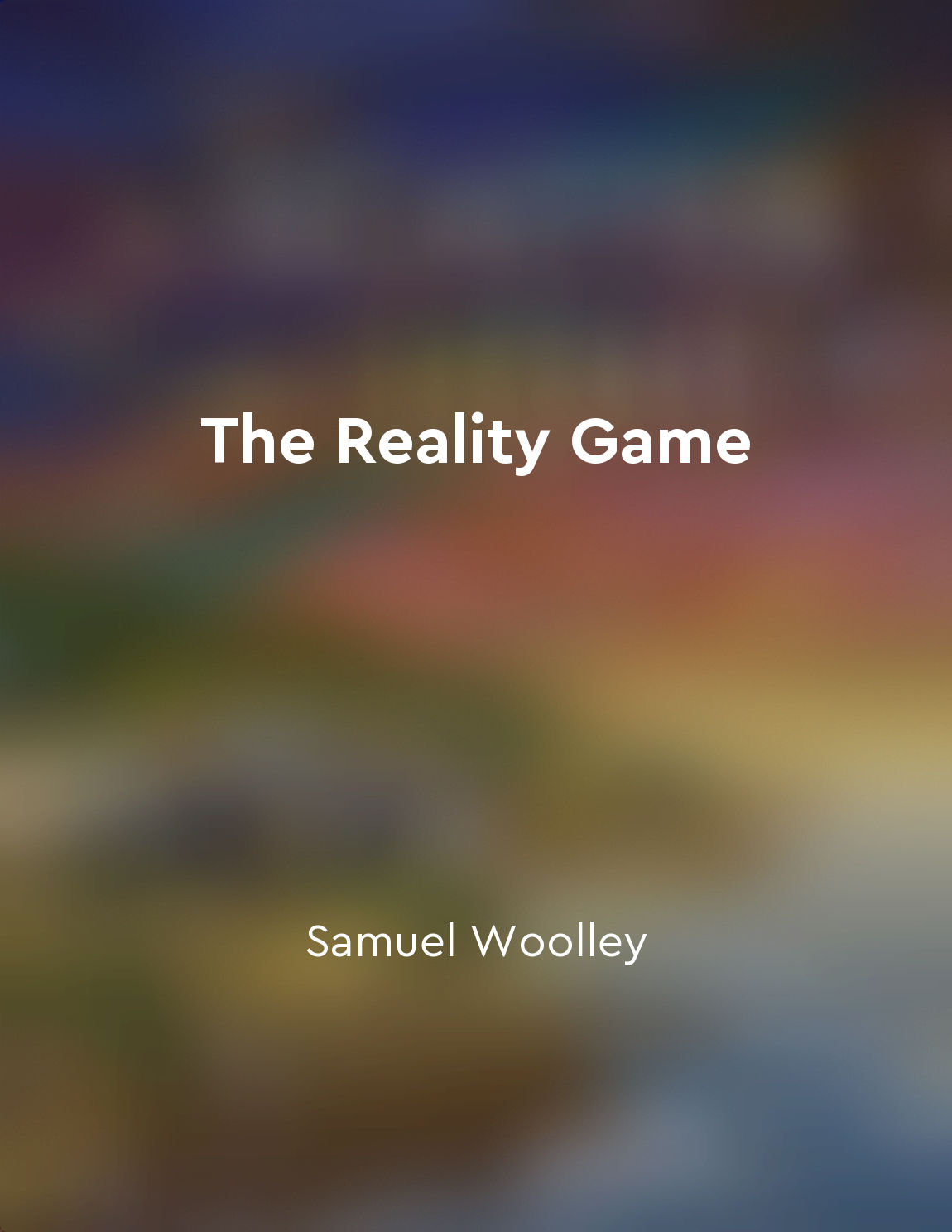Public opinion can be resistant to change from "summary" of Public Opinion by Walter Lippmann
The phenomenon of public opinion can often be described as a fixed entity, resistant to the winds of change. This resistance to change is rooted in the very nature of human psychology and social dynamics. People tend to form their opinions based on their existing beliefs, attitudes, and values, which are deeply ingrained in their minds. When faced with new information or different perspectives, individuals often struggle to reconcile these with their preexisting views. This cognitive dissonance can create a sense of discomfort and unease, leading people to reject or dismiss ideas that challenge their established beliefs. In this way, public opinion becomes a stubborn force, resistant to the introduction of new ideas or alternative viewpoints. Moreover, the formation and reinforcement of public opinion are closely linked to social interactions and group dynamics. People tend to seek out like-minded individuals and communities that validate their opinions and provide a sense of belonging. This group mentality can create echo chambers where dissenting voices are silenced, and alternative viewpoints are dismissed. As a result, public opinion becomes insular and closed off to external influences. Furthermore, the role of the media and opinion leaders in shaping public opinion cannot be understated. Media outlets and influential figures often have the power to sway public sentiment through the dissemination of information and the framing of issues. However, even when presented with new information, people may be skeptical or resistant to change if it contradicts the narratives they have been exposed to repeatedly.- The resistance of public opinion to change is a complex phenomenon that is deeply rooted in human psychology, social dynamics, and the influence of media and opinion leaders. This resistance can be a significant barrier to progress and innovation, as it hinders the adoption of new ideas and alternative perspectives. Only by understanding the underlying mechanisms of public opinion can we hope to overcome this resistance and foster a more open and receptive society.
Similar Posts
Selfserving bias can affect how individuals perceive their own abilities
Self-serving bias refers to the tendency for individuals to attribute their successes to internal factors (such as their own ab...

Fake news spreads like wildfire on social media
The rapid circulation of misinformation on social media is a phenomenon that has far-reaching consequences. In the digital age,...
Capitalism inherently prioritizes profits over people
Capitalism, as it is practiced today, is driven by the relentless pursuit of profit. The profit motive is the driving force beh...
Public opinion is influenced by stereotypes and biases
In the realm of public opinion, individuals rely heavily on stereotypes and biases to form their views on various issues and ev...
Truth becomes subjective in a world ruled by virtue
In a world where virtue reigns supreme, the very notion of truth becomes malleable and subjective. This is a troubling conseque...

